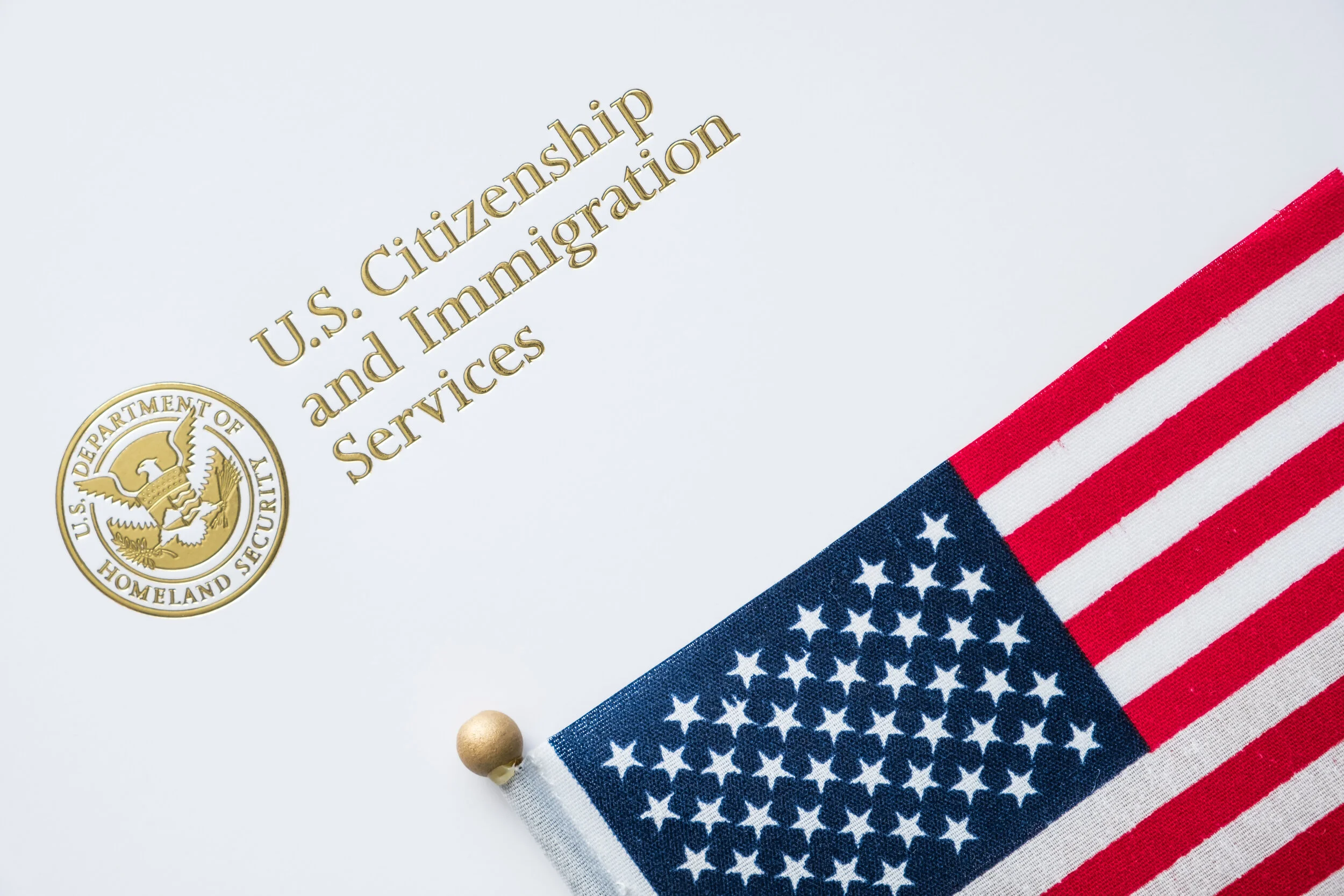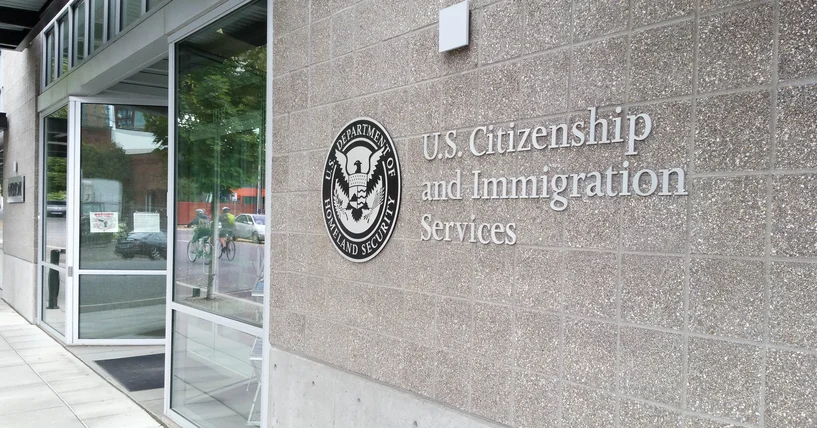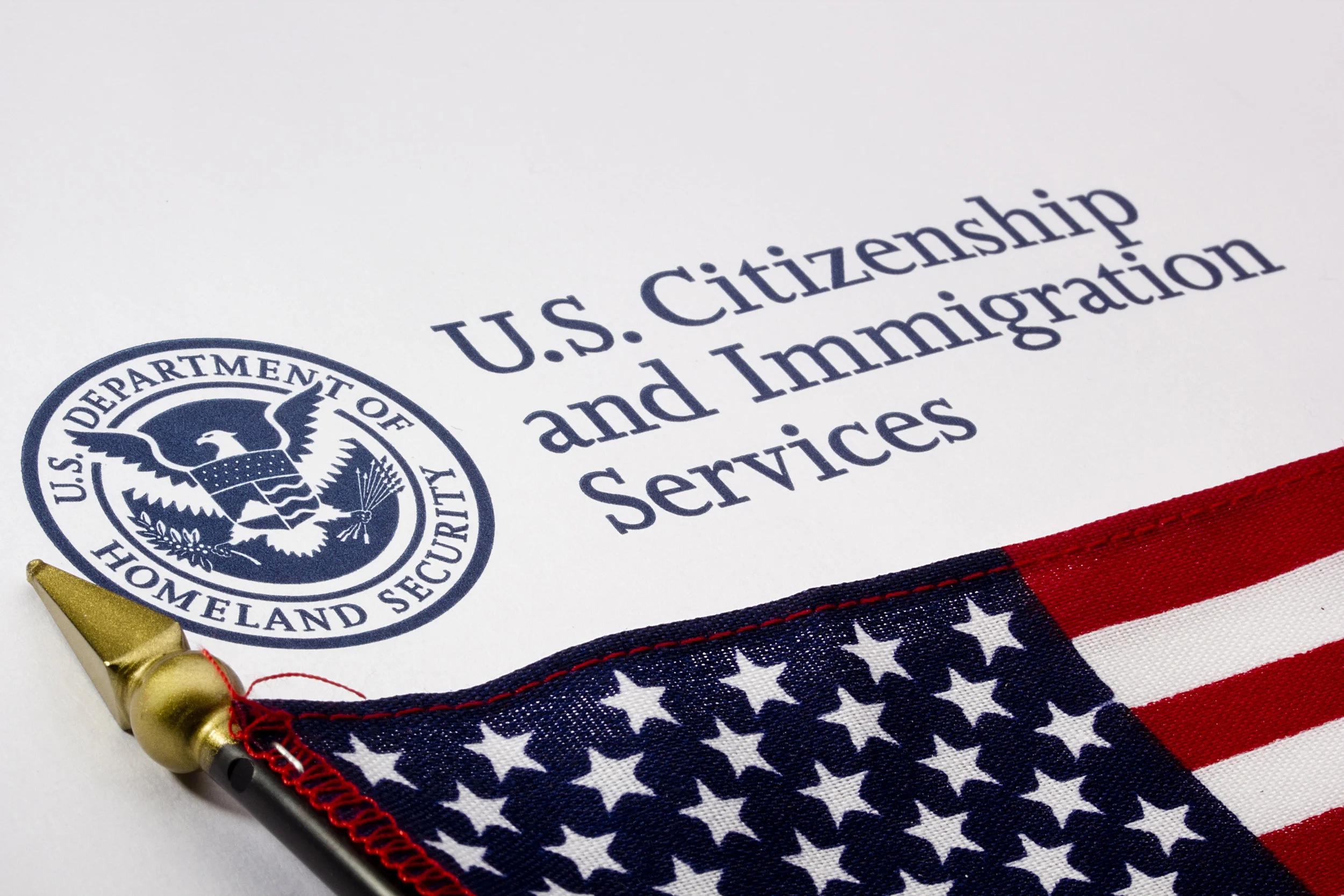U.S. Citizenship and Immigration Services (USCIS) announced today that it will increase most of its government filing fees effective October 2, 2020, due to budgetary shortfalls. It also will change the premium processing time from 15 calendar days to 15 business days. Finally, it will issue new versions of Form I-129 and Form I-765 in the next 30 days, which also will take effect on October 2, 2020.
Read MoreU.S. Citizenship and Immigration Services (USCIS) plans to increase most of its government filing fees, and change the premium processing time to 15 business days instead of calendar days due to budgetary shortfalls.
Read MoreBeginning November 11, 2019, citizens of Poland will be eligible to visit the United States for business or leisure for up to 90 days without a visa. They will be admitted under the Visa Waiver Program (“VWP”).
Read MoreUSCIS has announced that it will resume premium processing on Tuesday, February 19, 2019, for all H-1B petitions (transfers, extensions, amendments, etc.) filed on or before December 21, 2018.
Read MoreUSCIS announced today that premium processing will become available for pending H-1B cap cases as of Monday, January 28, 2019. Employers who have received requests for evidence (RFEs) for pending H-1B cap petitions should include their RFE reply with their request for premium processing.
Read MoreUSCIS announced today that it will temporarily suspend premium processing for most H-1B petitions filed at the Vermont and California Service Centers beginning September 11, 2018. USCIS expects that the suspension will last until February 19, 2019.
Read MoreDuring a stakeholders teleconference yesterday, USCIS confirmed that processing times for Form I-751, Petition to Remove Conditions on Residence, would continue to slow down as the agency intensifies its efforts to identify marriage fraud. Previously, I-751s were adjudicated within a year, but processing times are now reaching up to 20 months.
Read MoreThe Department of State (DOS) has issued its July 2018 Visa Bulletin. Most notably, the Employment-Based (“EB”)-3 category for Chinese nationals retrogressed dramatically by two years and five months to January 1, 2013. EB-2 for Chinese and Indian nationals, and EB-3 for Indian nationals made significant advances while EB-1 for Chinese and Indian nationals and EB-3 for Philippine nationals had no movement.
Read MoreThe Department of Homeland Security (DHS) is moving to officially end the International Entrepreneur Parole Program under which certain foreign national entrepreneurs could have come to the United States to develop and oversee start-up businesses. The Program was created by the Obama Administration and was supposed to take effect in July 2017. However, implementation of the Program has been delayed and, although USCIS started accepting applications in March 2018 (after a Court order), it’s unlikely that any applications actually have been approved.
Read More









